In the state of North Carolina you can find about 37 different species of snake Out of those 37, six are venomous and three are found in and around the Charlotte area Rattlesnakes, copperheads, and cottonmouths are the three most common venomous snakes found in The North Carolina Department of Agriculture issued a warning about baby copperheads The little snakes can be hard to spot ABOUT COPPERHEADS Copperheads give birth at the end of the summer andAlthough they are nonvenomous snakes, the eastern kingsnake is known for its ability to eat other snakes, including venomous snakes like copperheads Venomous Snake Species in Charlotte Copperhead Copperheads are amongst the commonest venomous snakes found in Charlotte, North Carolina They can be easily identified by their characteristic
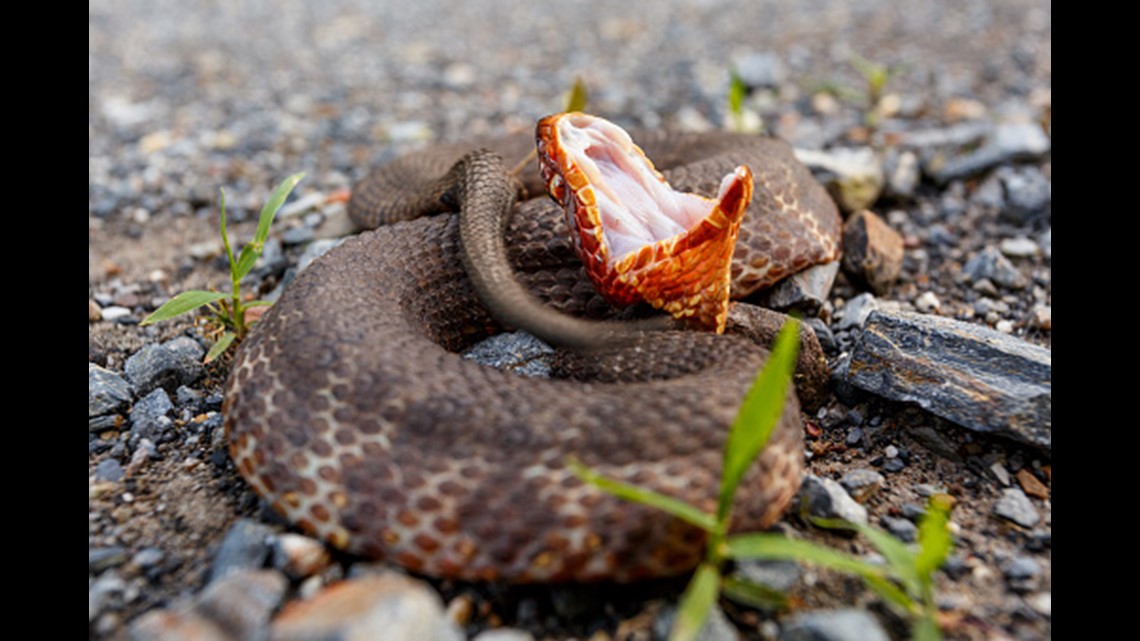
Watch Out For Baby Copperhead Snakes Wfmynews2 Com
Baby copperhead rat snake nc
Baby copperhead rat snake nc- So, a little Fact vs Fiction will be useful for residents, especially as "baby copperhead season" begins Claim Copperheads are everywhere in North Carolina, even the urban centers like Raleigh, Durham and Chapel Hill Verdict True All 100 counties in the state have copperheads, and they actually thrive around people and in more Baby Eastern Corn Snake Here are a number of highest rated Baby Eastern Corn Snake pictures upon internet We identified it from reliable source Its submitted by meting out in the best field We consent this kind of Baby Eastern Corn Snake graphic could possibly be the most trending subject subsequently we part it in google pro or facebook




Identifying Copperhead Snakes Home Garden Information Center
ベスト baby copperhead rat snake nc Our resident NC snakes are 1) very common, 2) mostly nonvenomous, and 3) mostly very nonaggressive leave them alone and they won't bother you They will eat the mice, moles, rats, and other pests you don't want in your house Be good to your snakes and they'll be good to you The most common venomousAbout Press Copyright Contact us Creators Advertise Developers Terms Privacy Policy & Safety How works Test new features Press Copyright Contact us CreatorsBlack Rat snakes (aka Eastern Rat Snakes, Black Snakes) do eat mice and rats, as do copperheads One theory if one species of snake is predominate on your property you may see fewer of the other due to competitive pressures So if you only see Black Snakes there may be fewer Copperheads, and visaversa
About 1216" long, located in NCIs this a baby copperhead?The danger posed by snakes can either be mild (raise your blood pressure) or as serious as death or loss of limbs A nonvenomous snake bite will only wound, but a venomous snake may kill If you aren't sure what kind of snake you're dealing with, you need to give us a call right now!
When it comes to baby copperhead snakes, they are more likely to be seen during the last half of the year – from September forward This is because copperhead mating tends to happen during these months So, Baby Copperheads are much more likely toThe North Carolina rat snake is also known as the Eastern Rat Snake ( Pantherophis alleghaniensis ) Description Rat snakes are the most common large snakes encountered by people in most parts of North Carolina Rat snakes have highly variable color patterns, ranging from solid black in the mountains and Piedmont to yellowishgreen with dark a lot of dirrerence between a black rat snake and a copperhead have heard the term pilot snake before but can't remember what snake it referred to when it comes to it I'll take Mr Vernon's word over most text material it may be different regions of the country commonly call different kinds of snakes "pilots"
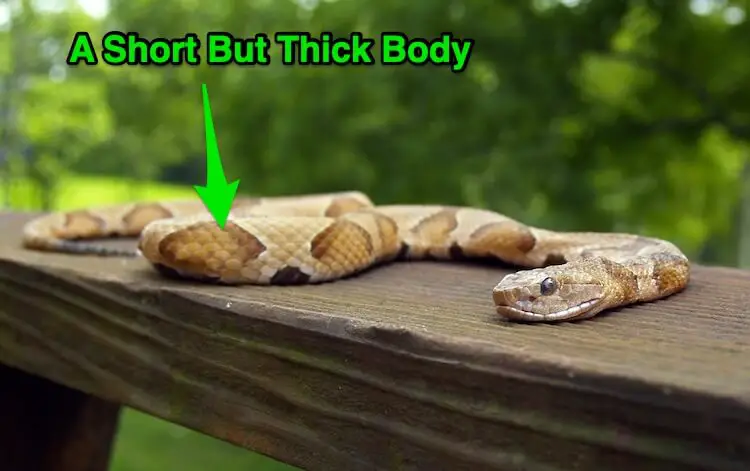



7 Ways To Identify Prevent Remove Baby Copperhead Snakes Everything Reptiles




Found In A Backyard In Nc In An Area Know To Have Copperheads Baby Copperhead Or Ratsnake R Whatsthissnake
Hinged, recurved, hollow fangs are present in the front of the upper jaw Copperheads mate in the spring and fall Females give birth to 3 to 14 (up to ) live young during the late summer or early fall The copperhead is classified as a nongame species and has no open seasonA really good picture of this is the one off to the right here This is a young venomous copperhead snake, and a lighter shade than what most people think of when it comes to copper, tan, brown, etc Notice the yellow tail on this one – a clear indication that this is a young copperhead that is less than a year old This picture also shows a pretty good "hour glass" that is really thinSimilar to the copperhead snake, baby cottonmouths utilize their brightly colored tail to attract amphibious prey They wiggle their tails to imitate a worm and when an unsuspecting frog comes in for a bite, the cottonmouth will strike This method of imitation is called 'caudal luring' and is central to a juvenile cottonmouth's survival




Identifying Copperhead Snakes Home Garden Information Center



When Are Baby Copperheads Born In Nc Are They More Dangerous Raleigh News Observer
There are six venomous snakes found in North Carolina the copperhead, the cottonmouth (also called water moccasin), the Eastern diamondback rattlesnake, the timber rattlesnake, the pigmy rattlesnake and the Eastern coral snake The coral snake is extremely rare, but has aWhat kind of snake is this? There are basically three families of snakes in North Carolina The first to consider is the nonvenomous Colubridae, which includes the garter snakes, king snakes and rat snakes There's quite a variety of sizes in this group, from an adult that is maybe 12 inches long, such as a little brown snake, to 6 or 7 feet for some of the big rat snakes



Red Rat Snake Information Facts




Baby Copperheads How To Identify Them And Get Rid Of Them
By Baby copperheads may be small and debatably cute but they're born ready to defend themselves, and they're slithering around the Carolinas as we speak, all too easy to unwittingly step onThe eastern rat snake is nonvenomous and does not pose serious threats to residents of North Carolina Being a constrictor snake, the black rat snake can kill many different types of prey The most common creatures that make their way into this snake's diet are rats, mice, a variety of birds, and even various amphibiansSnakes are an important part of the ecosystem and help control the rodent, slug and insect populations



Black Snakes Vs Copperheads What You Need To Know Wfmynews2 Com
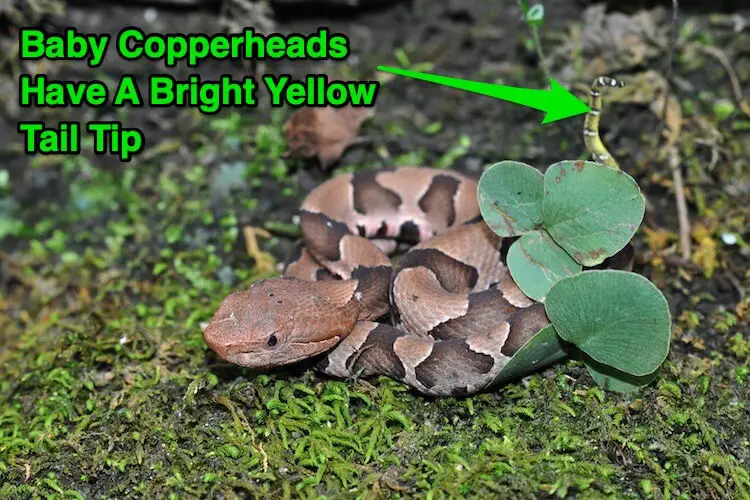



7 Ways To Identify Prevent Remove Baby Copperhead Snakes Everything Reptiles
Yeah, mom let us capture and keep snakes over the summer Come school time in the fall, we had to turn 'em loose We had a juvie black rat, a green snake, and a ringnecked snake It was a blast You can get bitten by nonvenomous snakes, btw Use caution when picking them up; Here are all the places in the United States where it's illegal to kill snakes Many people can't stand the sight of a snake Especially venomous snakes like copperheads, timber rattlesnakes, cottonmouths or water moccasins Some people say the only good snake is a dead snake, but thatClose 15 Posted by 3 years ago Archived Piedmont North Carolina ~10 inches juvenile Is this a baby copperhead?
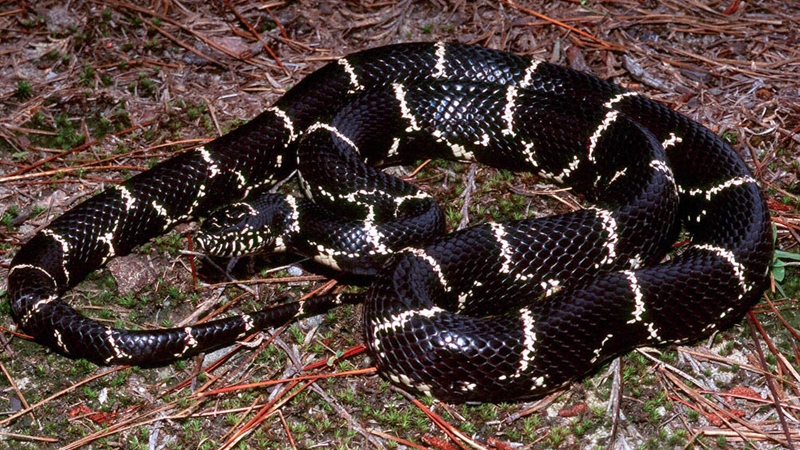



When Is Snake Season In North Carolina Critter Control Of The Triangle




How To Identify Venomous Poisonous Snakes In Nc Photos Raleigh News Observer
Baby copperheads are about 810 inches long when they are born This is pretty small, so some people may not recognize them as dangerous at first But a copperhead is still a copperhead, so be careful no matter what the snake looks like After a baby copperhead reaches adulthood, it will be somewhere between 23 feet longCopperhead Rat Snake Copperhead Snake And Cottonmouth Snake Image This snake lives in forested areas with dense vegetation overhanging rivers and streams The rough green snake has keeled (rough) scales that aid it in climbing Southern Appalachian Venomous Snakes NORTHERN COPPERHEAD One of only two venomous snake species found in Western North Carolina, the other being the Timber Rattlesnake
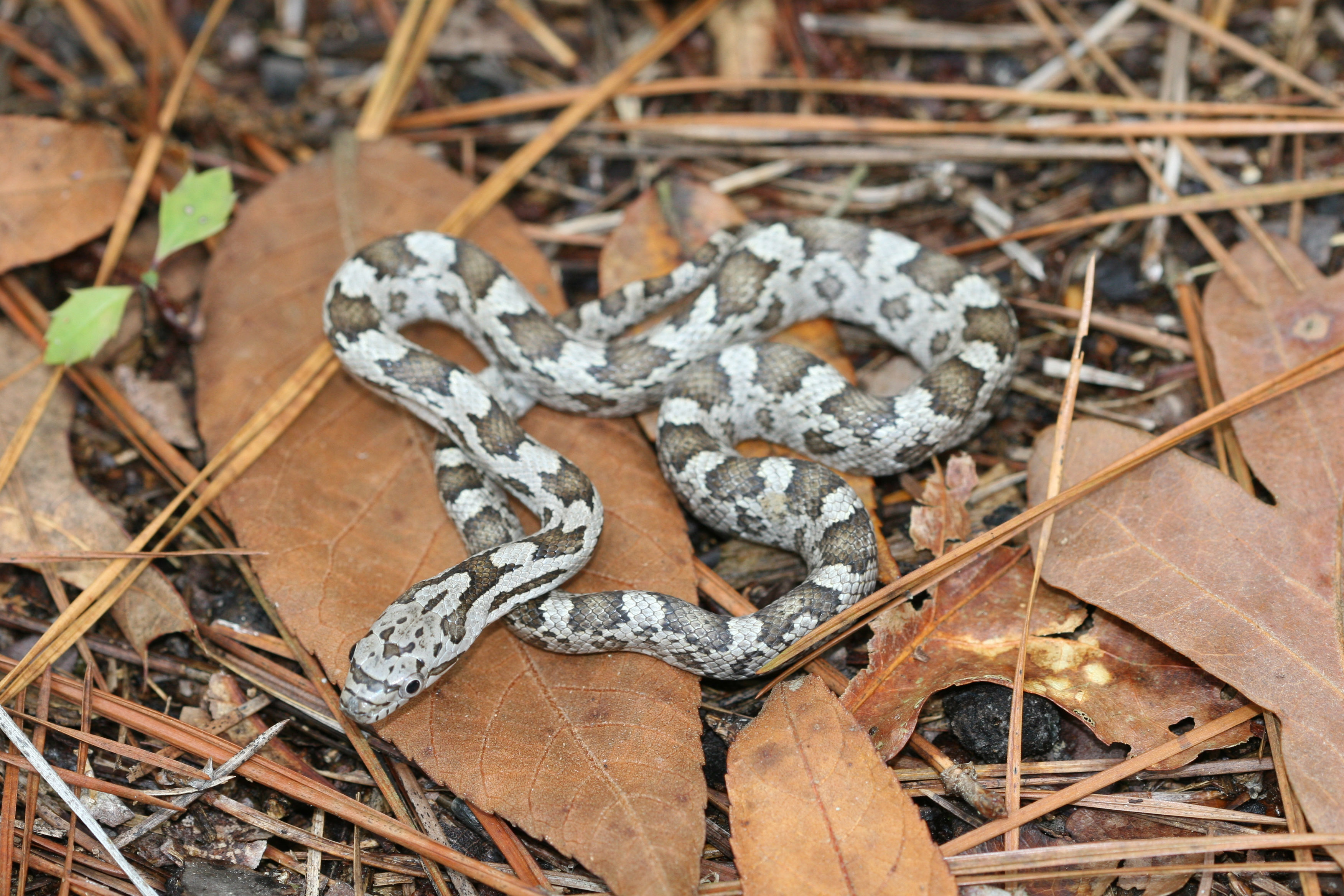



Rat Snake
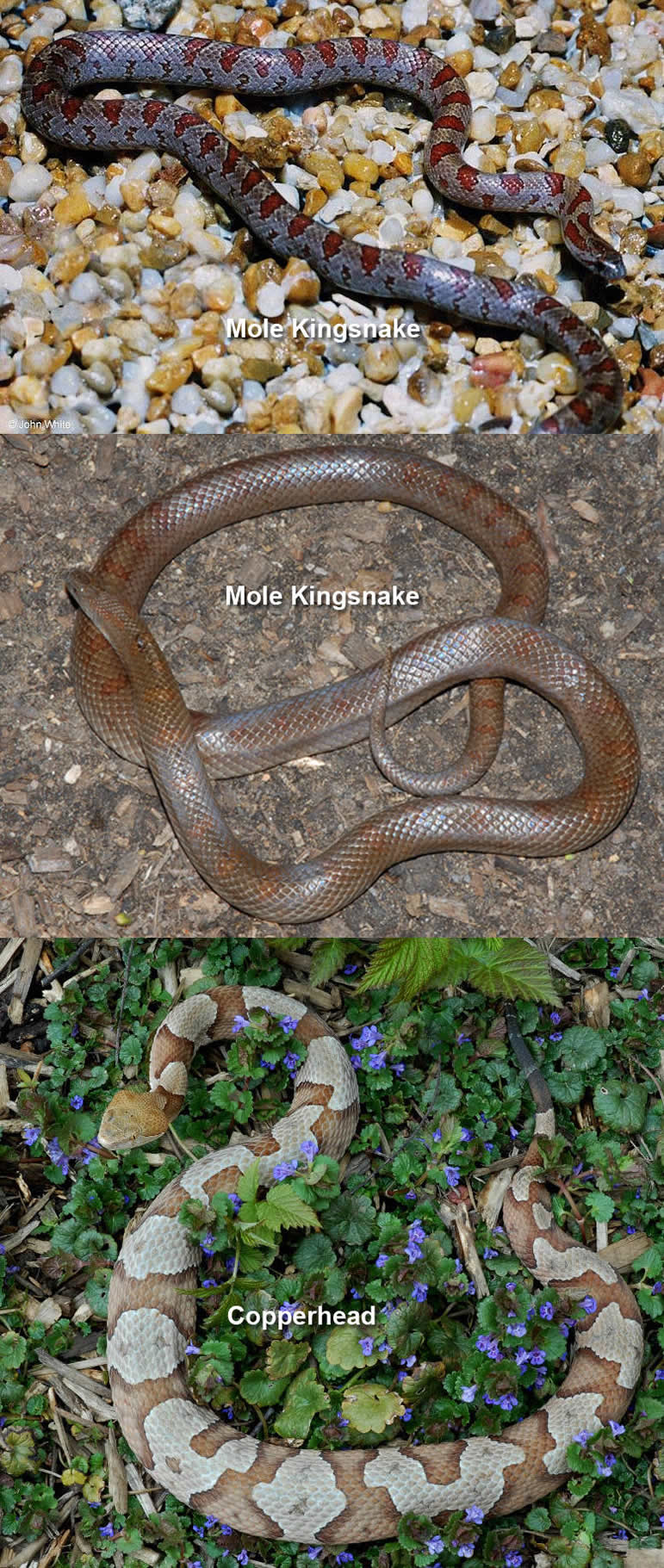



Copperheads And Similar Looking Harmless Species
Maximum about 48 inches NOSTRIL PIT EYE with elliptical pupil The pits viewed head on Young have a yellow tail tip Head color varies from yellowish to coppery Note the hourglass shaped bands Sometimes there are small spots between the bandsSnake is an excellent climber Regularly reaching 5 to 6 feet in length, the rat snake is one of North Carolina's longest snakes, surpassed only by the eastern coachwhip (Masticophis flagellum) A juvenile rat snake looks nothing like an adult, with a bold, blotched pattern on a gray or light brown background The pattern fades as the snake ages7 comments share save hide report % Upvoted This thread is archived New comments cannot be posted and votes cannot be cast
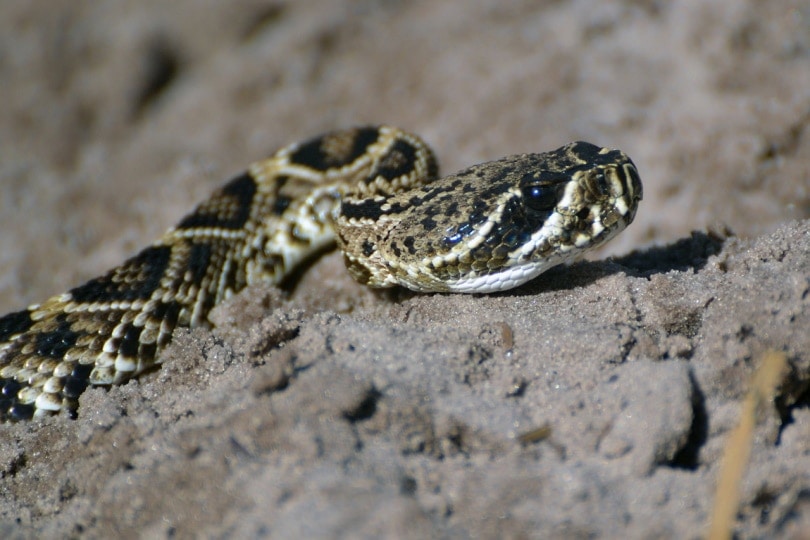



10 Snakes Found In North Carolina With Pictures Pet Keen




Creature Feature Sssigns Of Ssspring National Geographic Education Blog
Copperhead Neonates – Bearing the same pattern to their adult counterparts, these younglings are usually yellow and green in color Rat Neonates – They are patterned in uniform and elliptical shapes running along their entire length Copperhead Neonates – Tails of vivid colors are used to attract the preyAbout 1216" long, located in NC Close 3 Posted by 1 year ago Archived Baby rat snake or copperhead?Copperheads are the most common venomous snake in North Carolina and account for some 90 percent of venomous snakebites in the state With its mottled camouflage, bites sometimes occur when a foot or hand is unknowingly placed near these snakes—but more often, these snakebites are a result of attempts to handle or kill copperheads
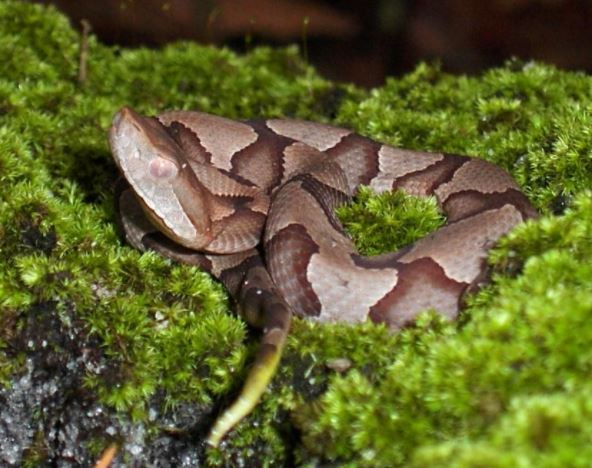



Facts About Copperheads In Nc Critter Control Of The Triangle
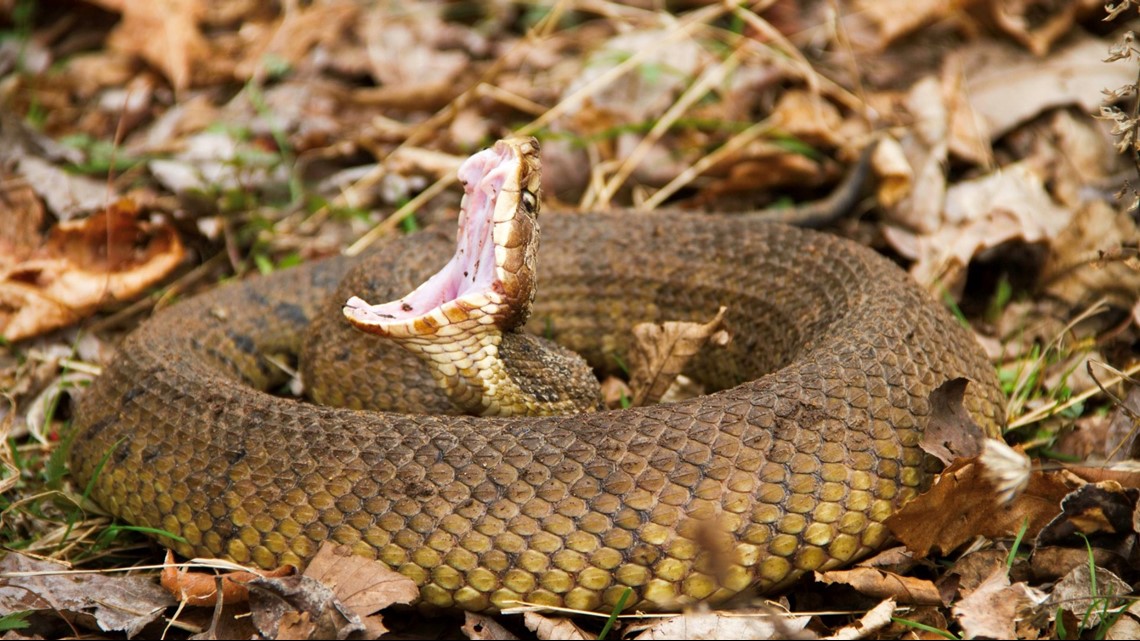



Watch Out For Baby Copperhead Snakes Wfmynews2 Com
Baby rat snake or copperhead?Copperheads are rather heavybodied and are beautifully marked with dark brown, hourglass shaped crossbands on a light brown or gray background The belly is a mix of white and black markings Baby copperheads look like their parents but have yellow or green tails that they wiggle to lure lizards and frogs within striking rangeRegularly reaching 5 to 6 feet in length, the rat snake is one of North Carolina's longest snakes, surpassed only by the eastern coachwhip (Masticophis flagellum) Are snakes a problem in North Carolina?
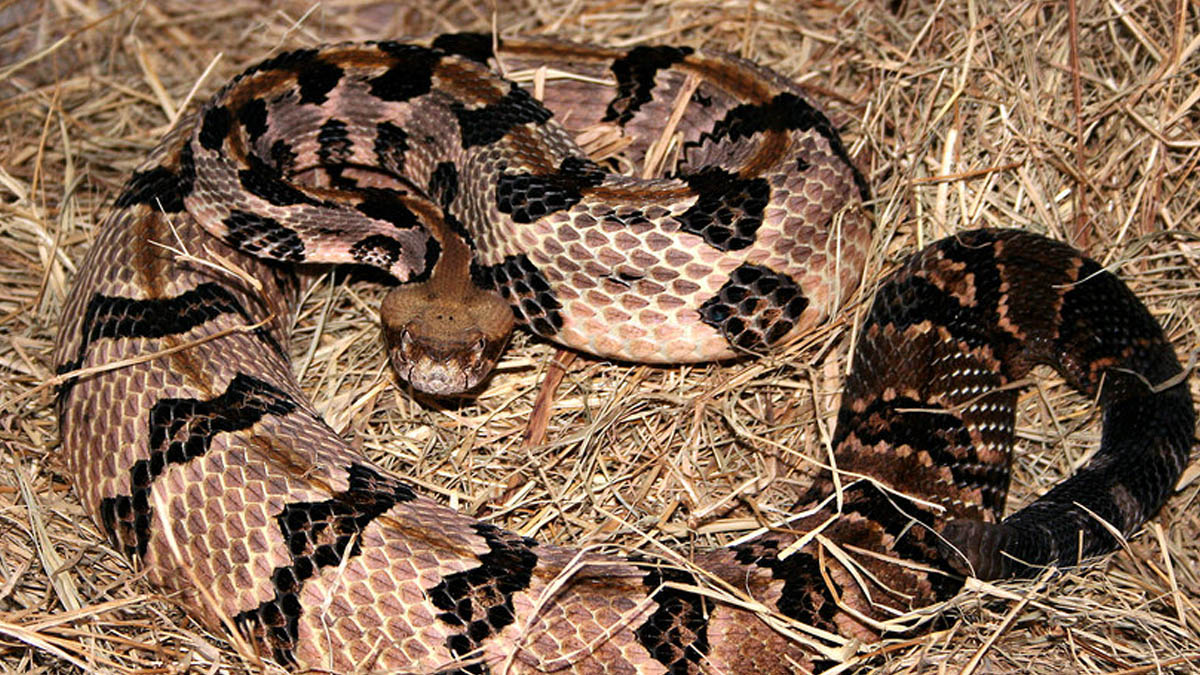



The Six Venomous Snakes In North Carolina Abc11 Raleigh Durham
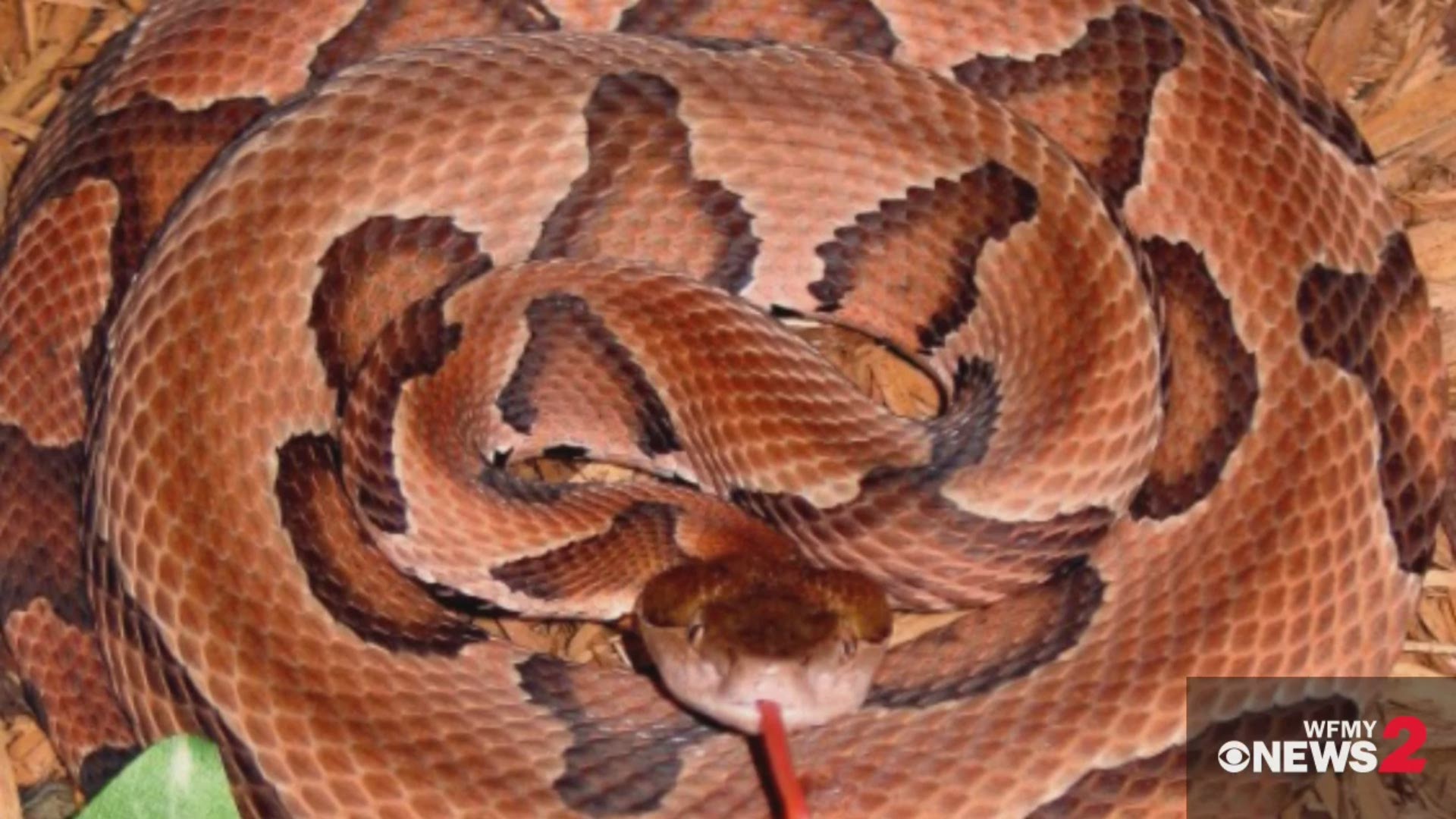



Black Snakes Vs Copperheads What You Need To Know Wfmynews2 Com
They don't really like that, most of themWhat kind of snake is this?A Guide to Identifying the Copperhead Size = 6 8 inches at birth;




A Field Guide To Commonly Misidentified Snakes




Identifying Copperhead Snakes Home Garden Information Center
The North Carolina Wildlife Commission reported that 90 percent of snakebites in the state come from the copperhead snake rat snakes and corn snakes Adult copperheads can grow up to two to A black rat snake can easily fool its potential predators by vibrating its tail to look like a rattlesnake Newly hatched rat snakes measure about 12 inches in length Rat snakes are commonly found in North America, Central America, and Southern Canada Rat snakes can emit pungent odour to scare off their predators when touched FAQ's BABY COPPERHEADS Baby copperheads are lighter tan in color and have a pinkishbrown hourglass pattern The darker patterns are skinner at the top and go wide at the side The young copperhead
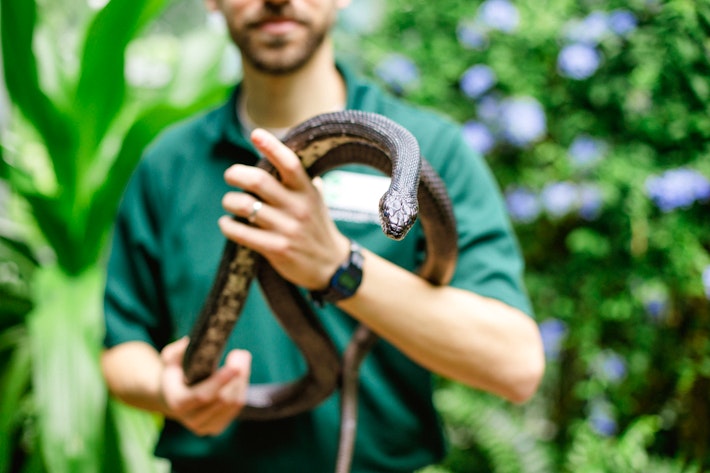



The Scoop On Snakes
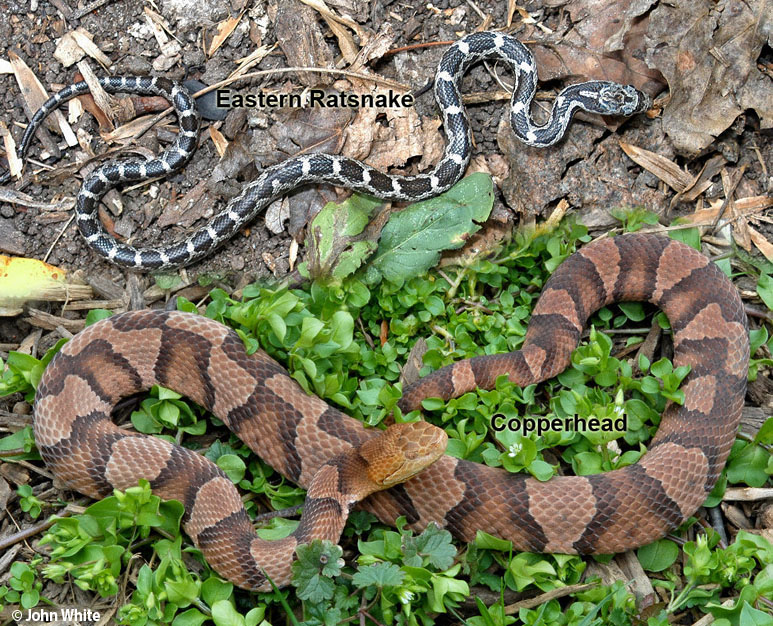



Copperheads And Similar Looking Harmless Species
We get a lot of calls to the Greensboro Science Center and photos of people who think they have a baby copperhead snake but it's actually a black rat snake Young Copperheads Copperheads are The centers for disease control estimate that 7,000 – 8,000 people are bitten by venomous snakes each year Copperheads are responsible for more bites than any other venomous snake Baby copperhead bites are very painful, but less than 001% are Read More →Unlike other New Jersey snakes, the Black Rat Snake and Northern Black Racer transition from a highlypatterned hatchling to a virtually all black adult Although this occurs, observers are still able to at least distinguish between a venomous Timber Rattlesnake and these species by using the patterns Below are photographs of the Black Rat Snake
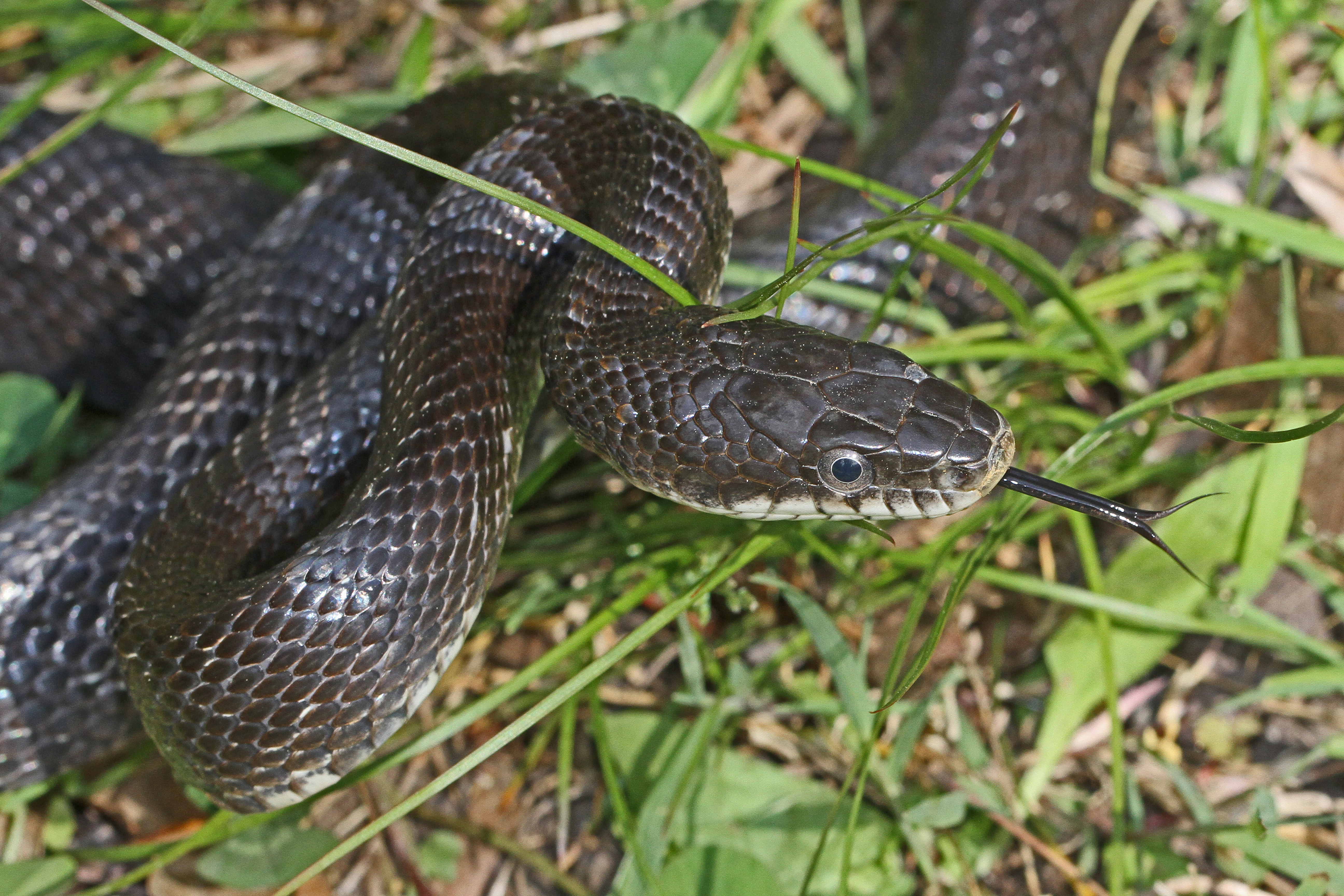



Pantherophis Obsoletus Wikipedia



Snakes In The Yard And Other Faqs Wfmynews2 Com
Aug 6—Copperheads, the most prevalent venomous snakes in North Carolina, start making themselves known each year in the spring, just as the weather starts to warm up The seemingly ubiquitous The typical litter of copperheads is five to eight snakes, but 15 is possible Thankfully, the young snakes are easy to identify The baby copperheads are about seven to eight inches long The coloration is very similar to the adults in they are usually light brown or reddish in appearance Just be warned, some younger snakes can appear dark graySnakes love to hunt near Greensboro homes




North Carolina Snakes What You Need To Know On World Snake Day Nc State Veterinary Medicine



2
Snakes of North Carolina Black Rat Snake Eastern Kingsnake Scarlet Snake Black Racer Garter Snake Corn Snake Eastern Hognose Snake Rough Green Snake Mole Kingsnake Copperhead Northern Water Snake Timber Rattlesnake Brown Snake Worm Snake Ringneck Snake Smooth Earth Snake Rough Earth Snake VENOMOUS Southern Hognose Eastern Hognose



Get To Know The Slithery Snakes Of Mecklenburg County




Black Rat Snake Chesapeake Bay Program




Snakes
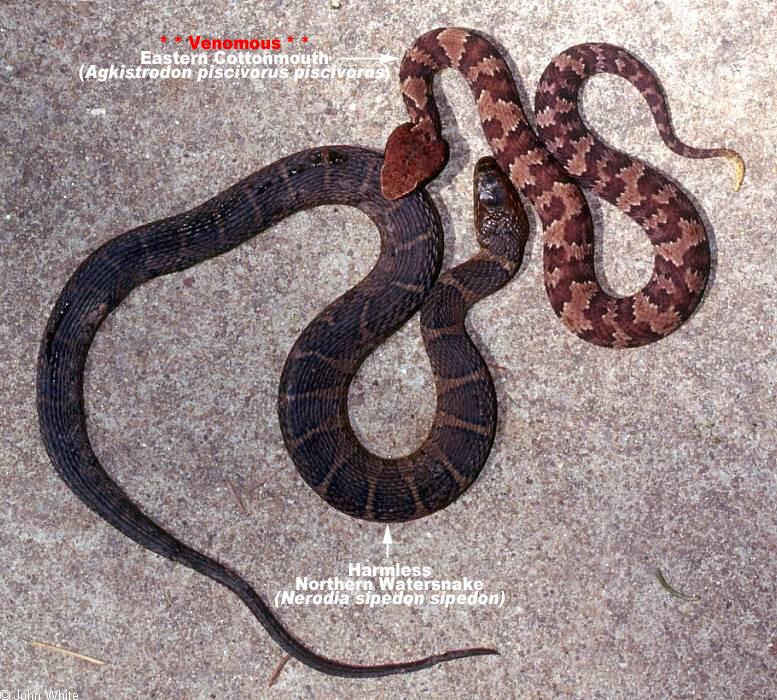



When Is Snake Season In North Carolina Critter Control Of The Triangle
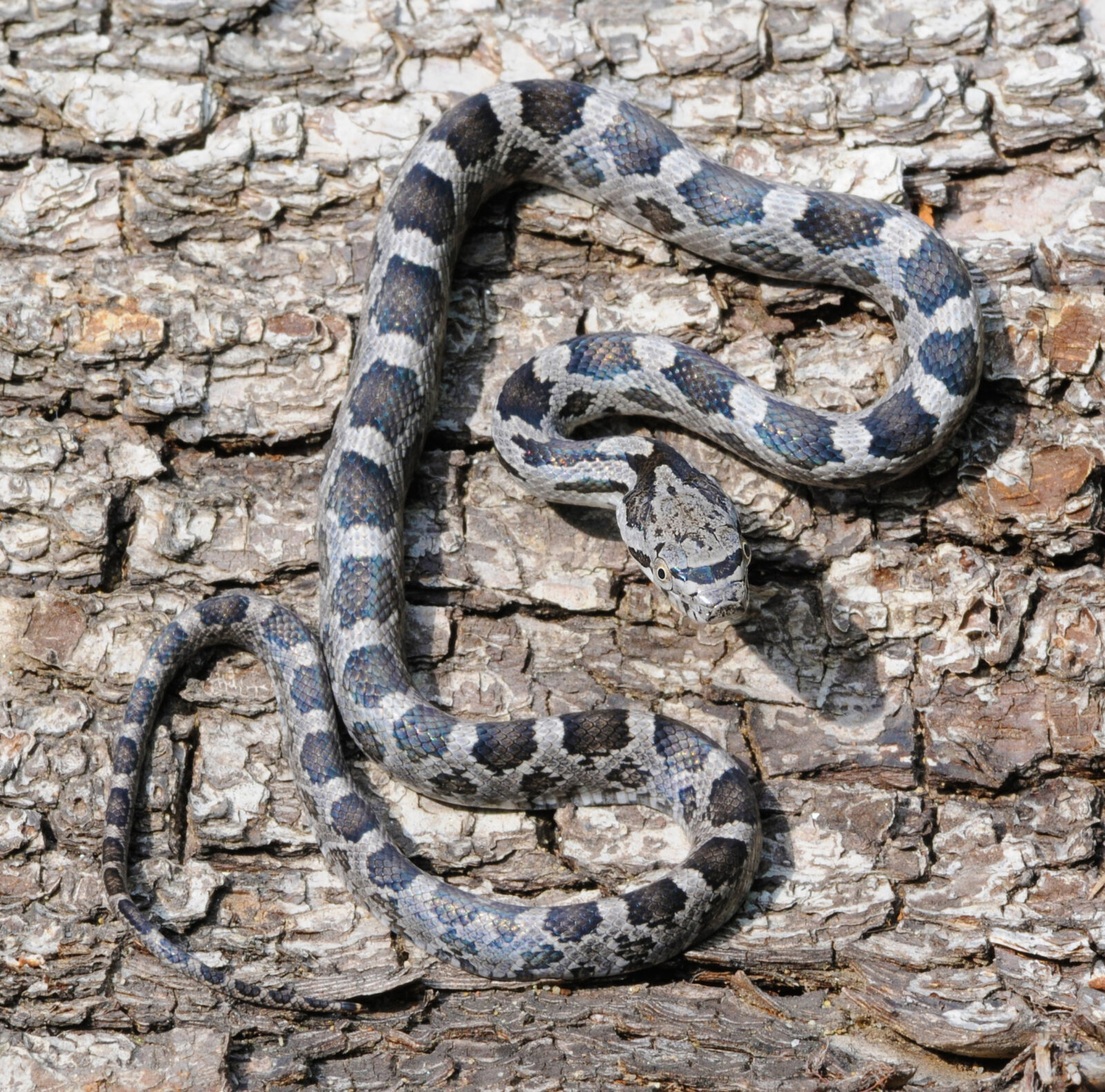



State Laws Prohibit Killing Snakes In Georgia South Carolina




Baby Copperhead Snake Identification Guide Look For These 5 Things Embora Pets



Get To Know The Slithery Snakes Of Mecklenburg County



Snakes In Nc Www Callofthewildwildlifeservices Com



2



2




North Carolina Snakes What You Need To Know On World Snake Day Nc State Veterinary Medicine
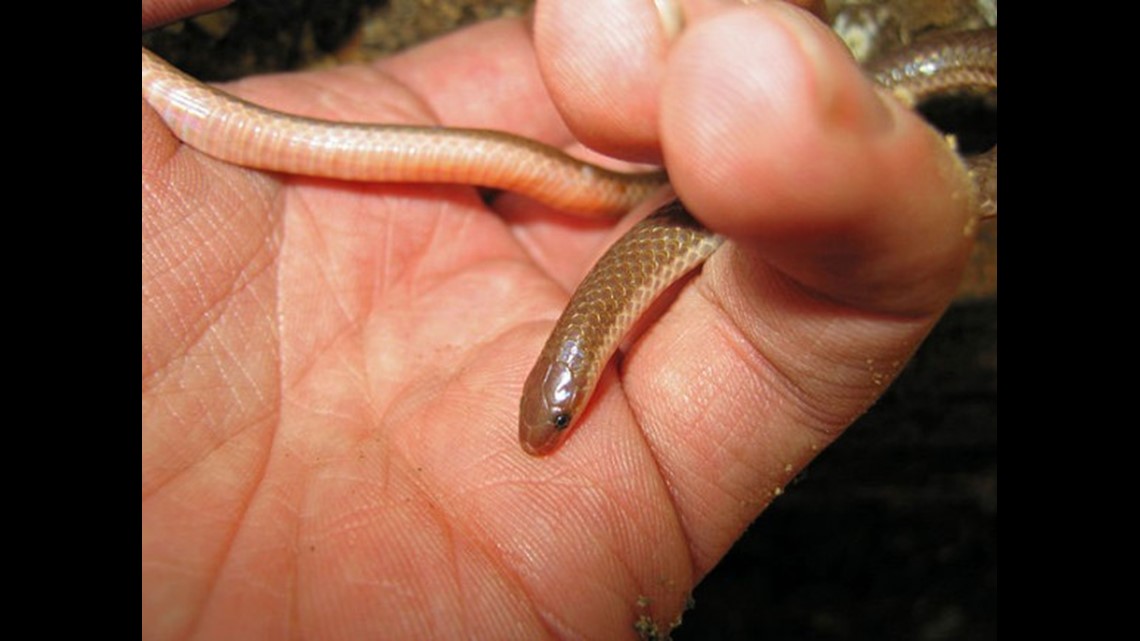



Watch Out For Baby Copperhead Snakes Wfmynews2 Com




Why You Should Let A Copperhead Live In Your Yard Debunking Snake Myths Wunc




Tiny But Deadly The Baby Copperhead Youtube
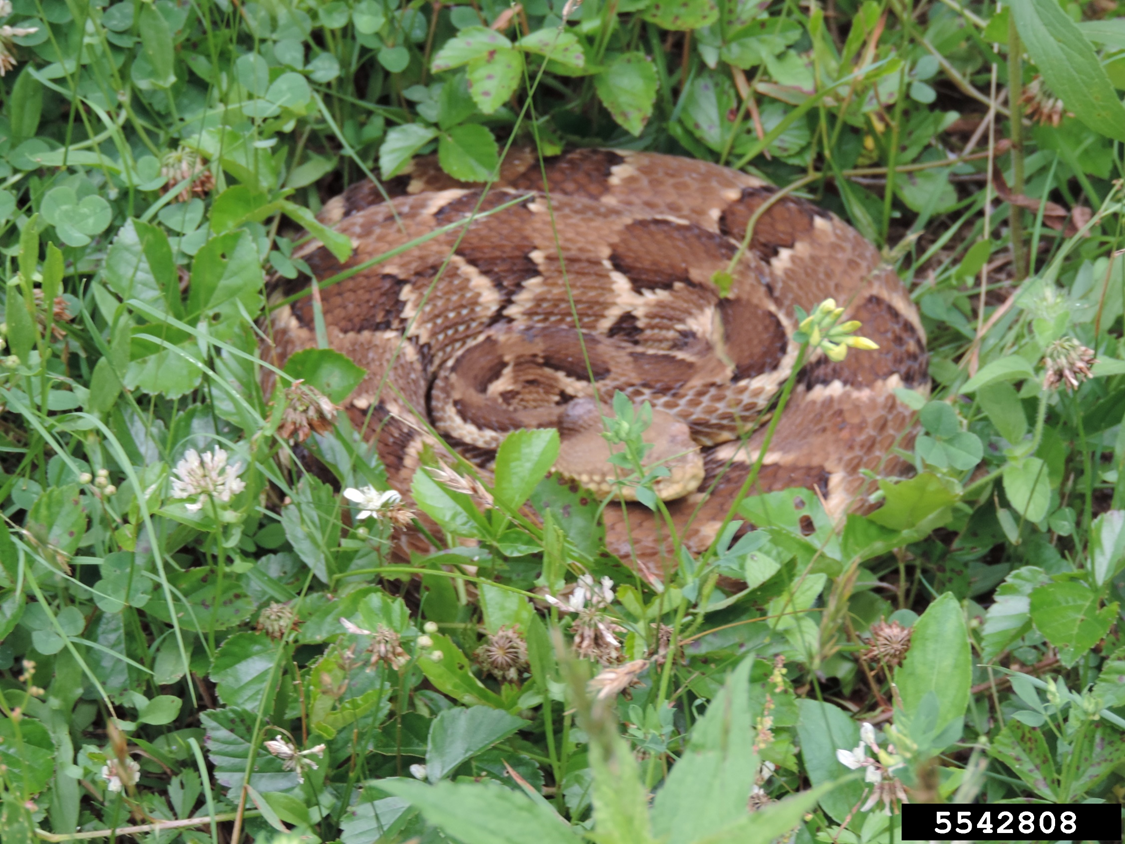



Identifying Copperhead Snakes Home Garden Information Center
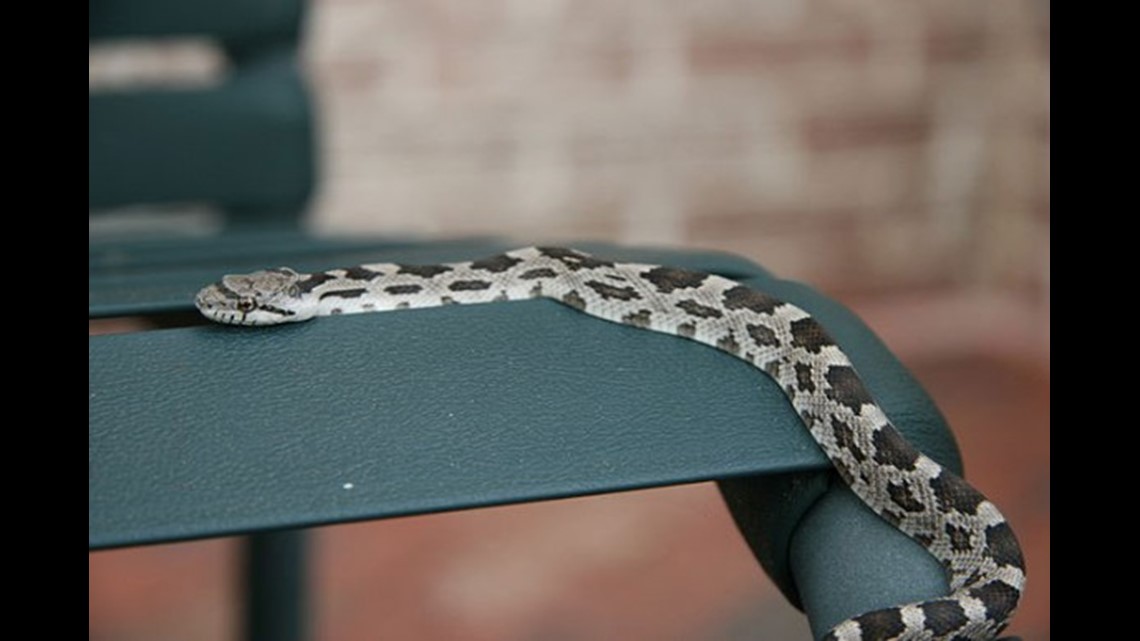



Watch Out For Baby Copperhead Snakes Wfmynews2 Com




Baby Copperhead Snakes Will Emerge Soon In North Carolina Due To Warmer Than Normal Summer Abc11 Raleigh Durham




Baby Snake Anyone Know What Kind Eat Rated Snakes Charlotte North Carolina Nc City Data Forum



See A Snake Don T Panic



Baby
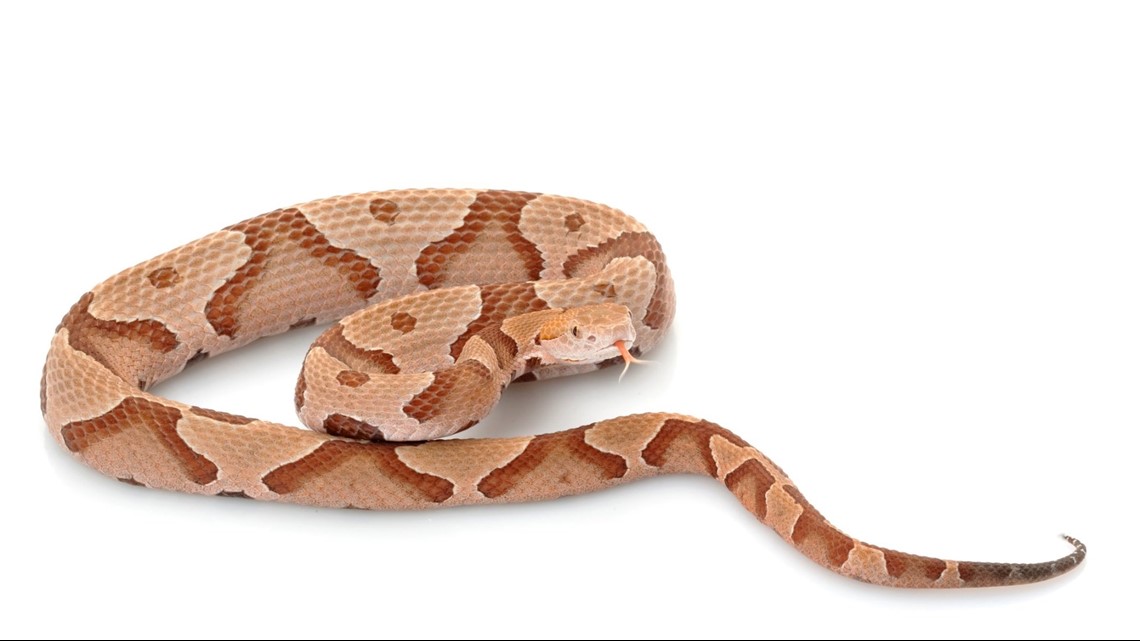



Watch Out For Baby Copperhead Snakes Wfmynews2 Com



How To Identify Venomous Poisonous Snakes In Nc Photos Raleigh News Observer
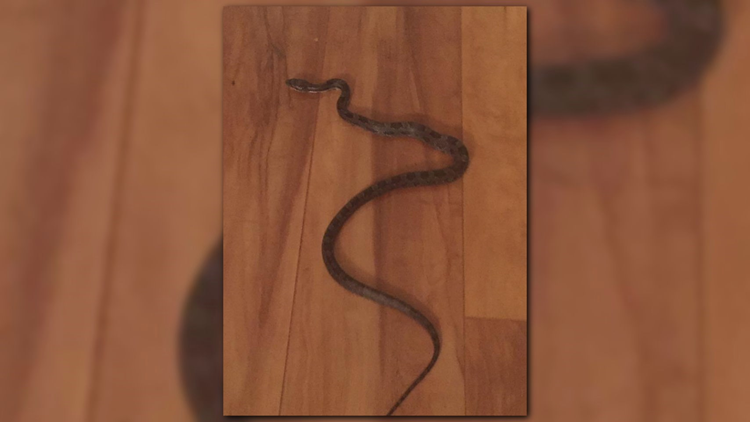



Can You Identify This Snake Here S How Wcnc Com




Do You Know How To Stay Safe As Snakes Start Slithering Out In North Carolina



Wildlife Officials Warn People Of Baby Copperhead Snake Season




Carolina Waterfowl Rescue A Lot Of Baby Rat Snakes Are Mistaken For Baby Copperheads Because Of Their Different Pattern The Copperheads Are The Only Common Venomous Snake We Have In The




Watch Out For Baby Copperhead Snakes Wfmynews2 Com
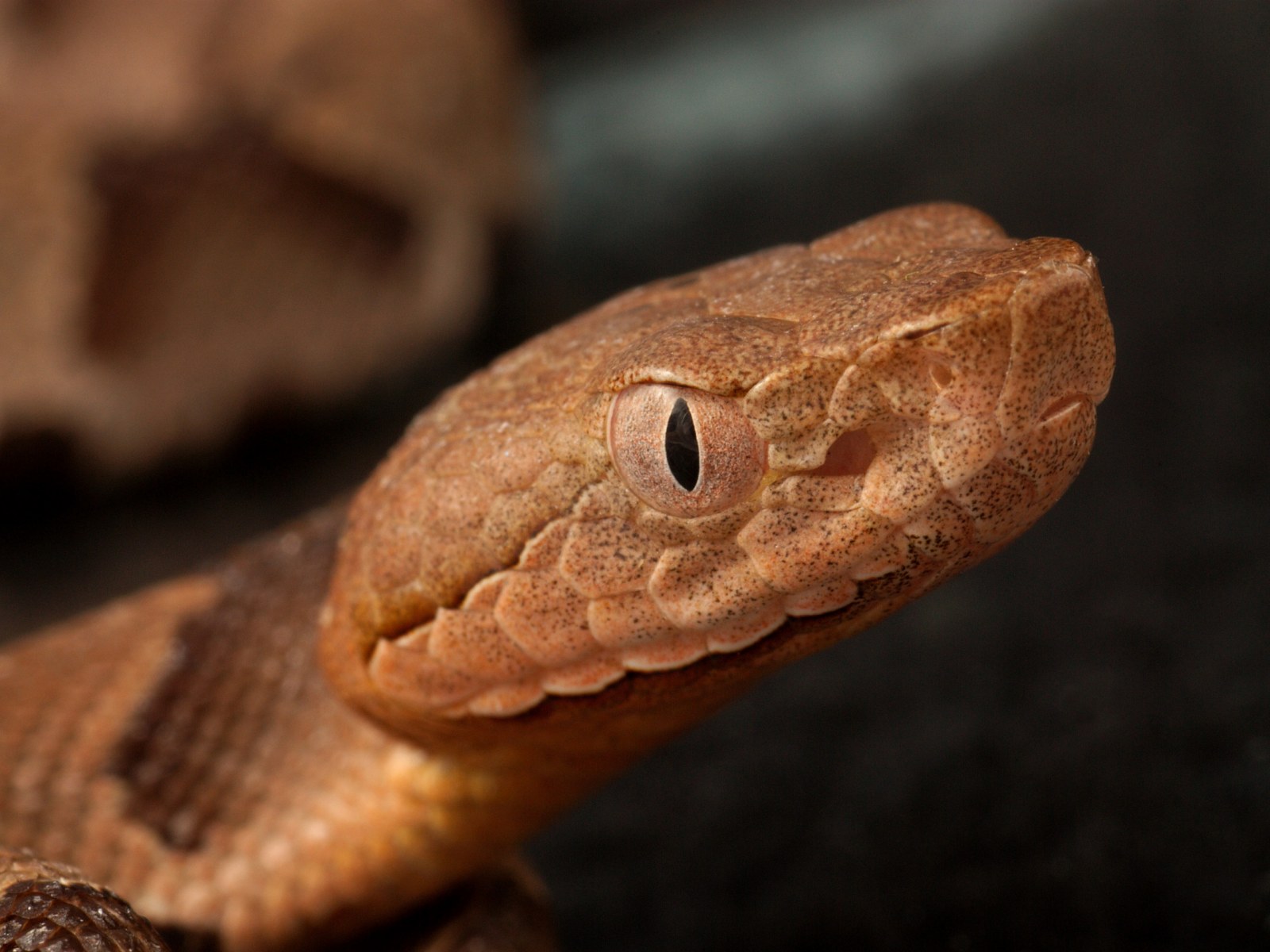



It S Baby Copperhead Snake Season Here S What You Need To Look Out For



Found This Little Guy Walking The Dogs Maybe 3 4 Inches Thought Baby Copperhead But No Green Yellow Tail East Raleigh Nc R Whatsthissnake
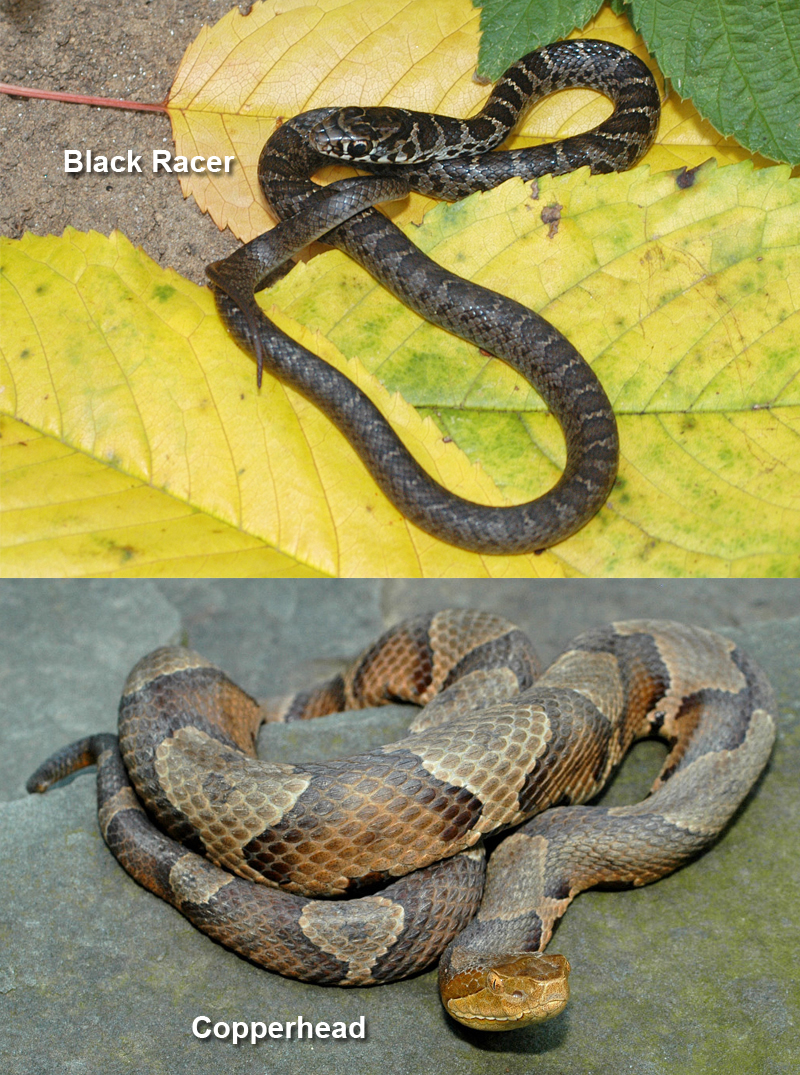



Copperheads And Similar Looking Harmless Species




North Carolina Snakes Pictures And Identification Help



1
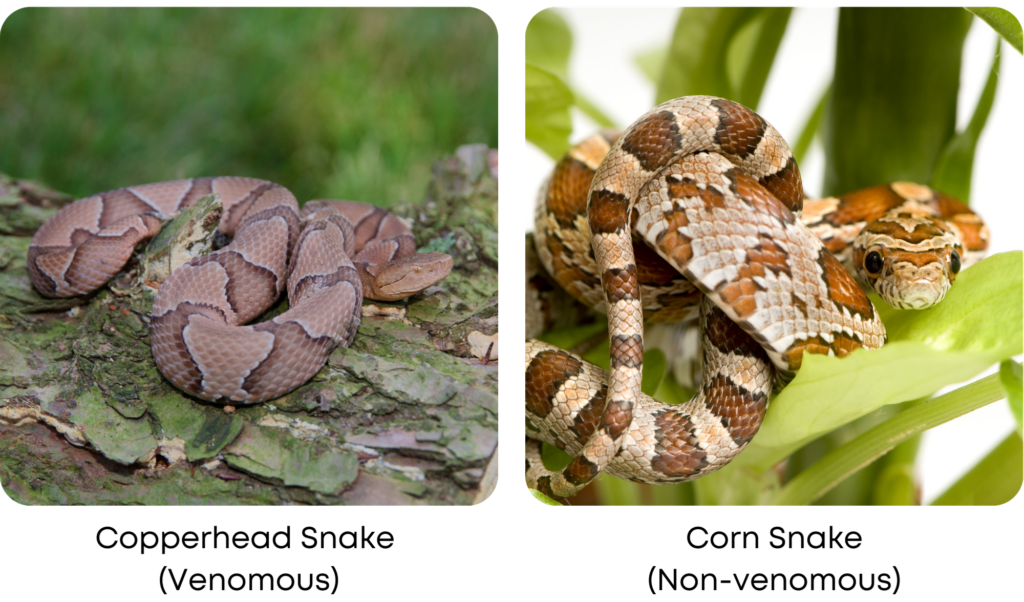



Carolina Pest What To Do When You Find A Snake In Charlotte Carolina Pest
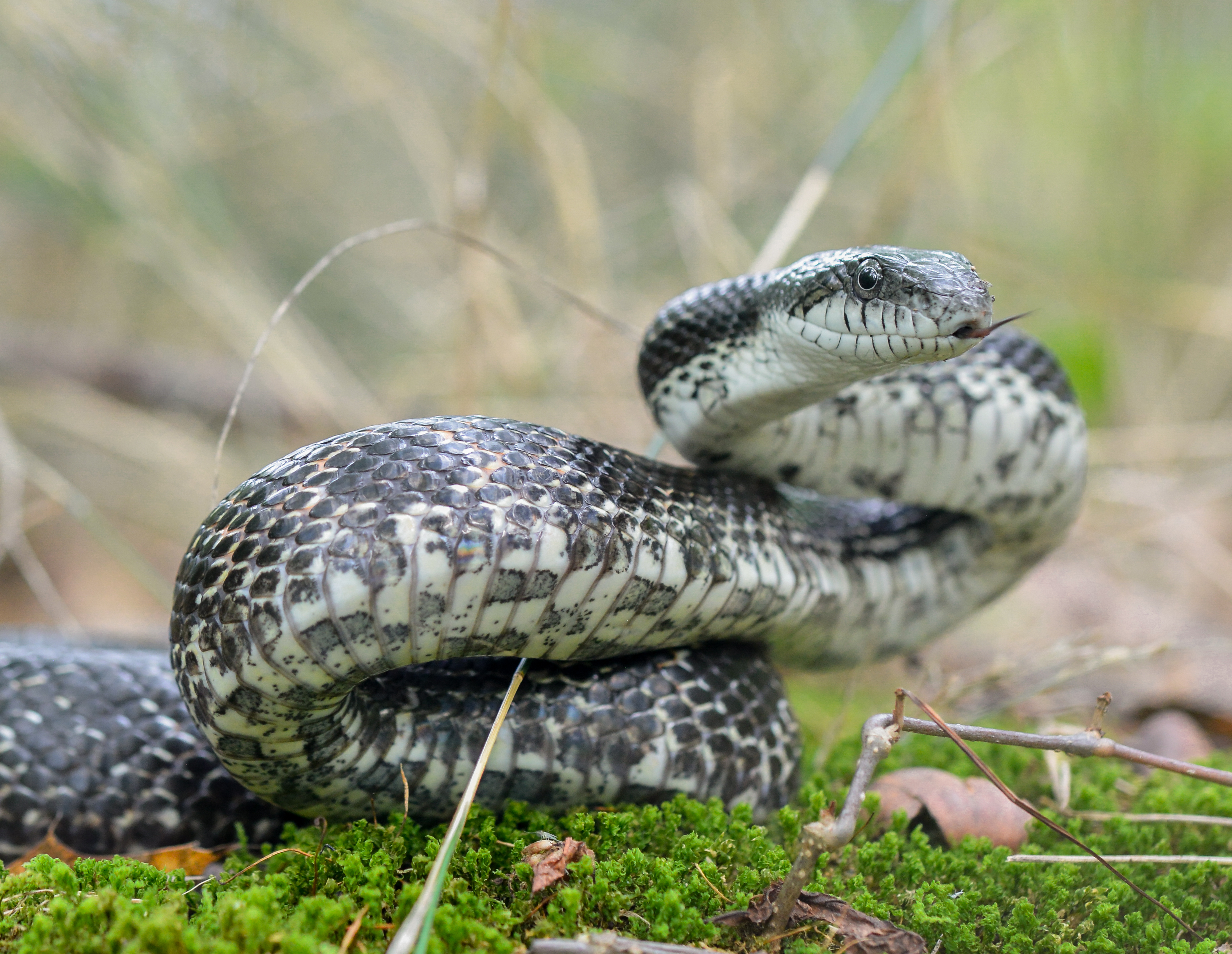



Gray Ratsnake Wikipedia
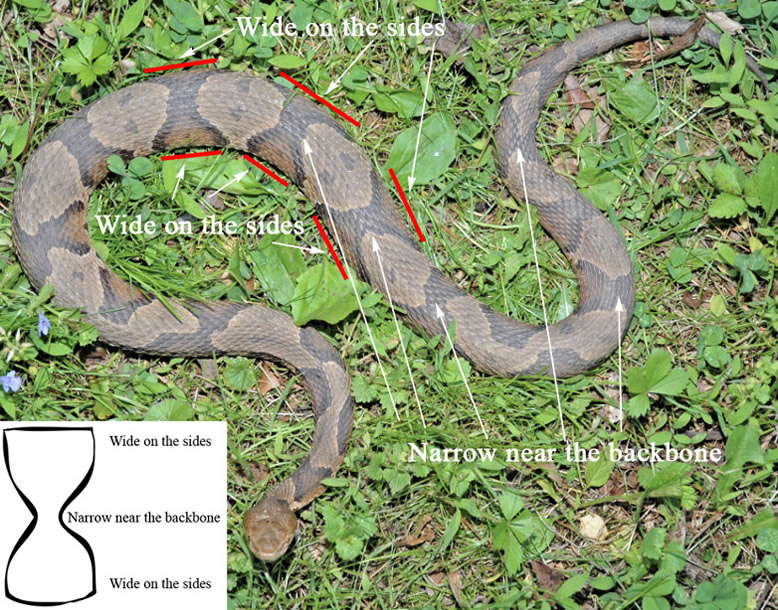



Copperheads And Similar Looking Harmless Species



Get To Know The Slithery Snakes Of Mecklenburg County




Baby Rat Snake Or Copperhead About 12 16 Long Located In Nc Imgur
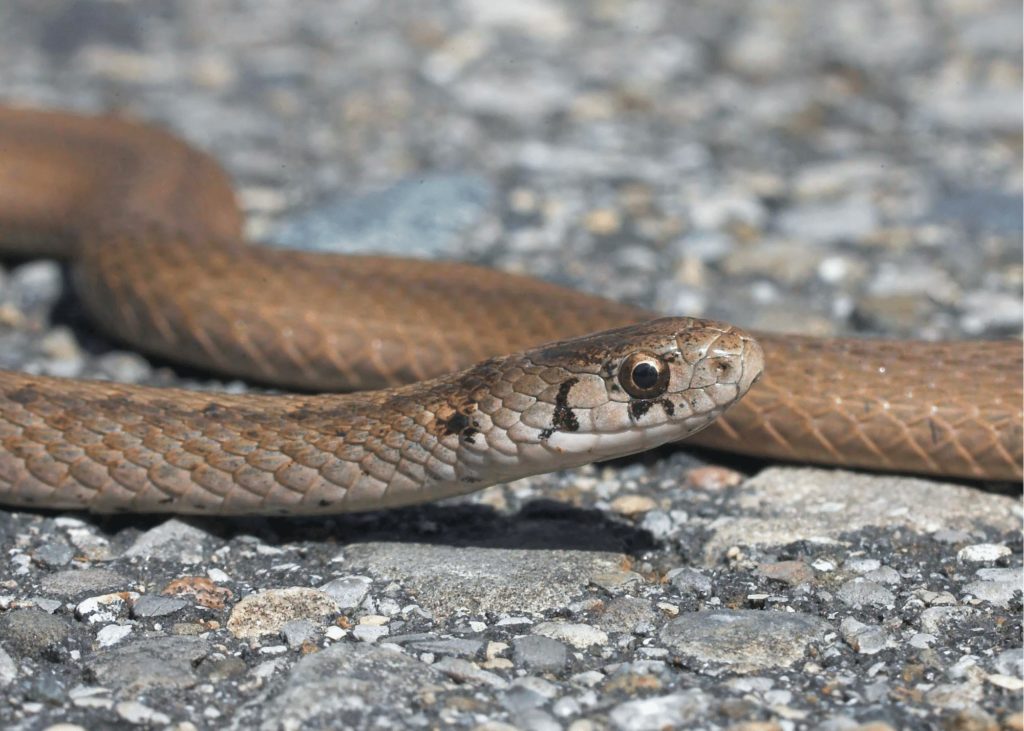



Carolina Pest What To Do When You Find A Snake In Charlotte Carolina Pest




Baby Copperheads What They Look Like Protecting Your Pets




8 Snakes That Look Like Copperheads With Pictures Wildlife Informer




Avoid Copperheads Extension Master Gardener Volunteers Of Durham County



Copperhead Snakes Facts Bites Babies Live Science
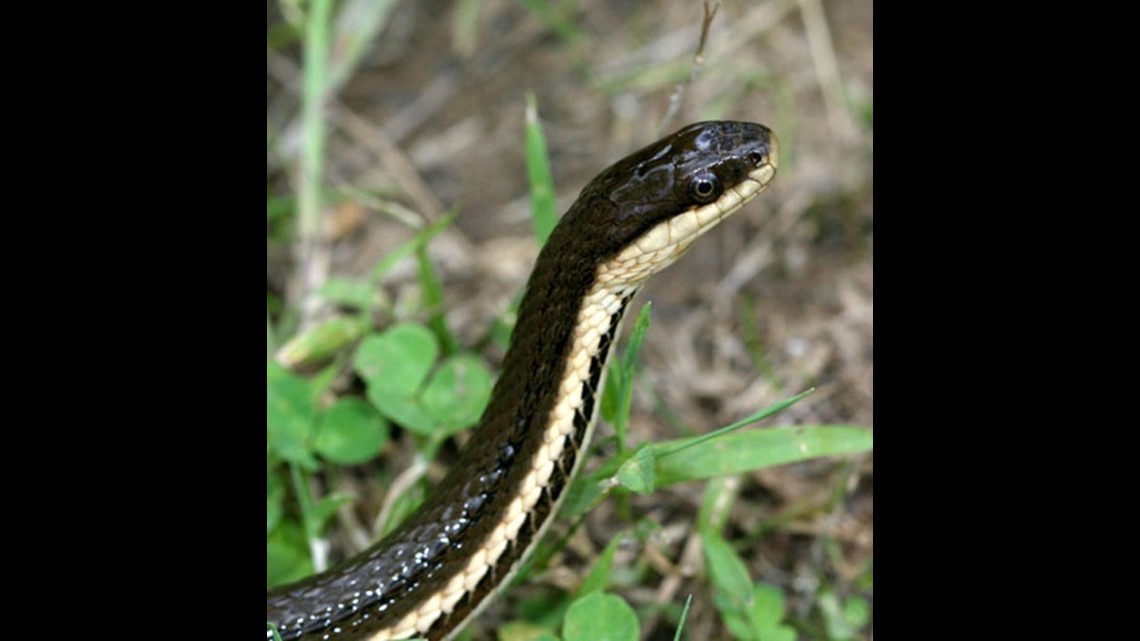



Watch Out For Baby Copperhead Snakes Wfmynews2 Com
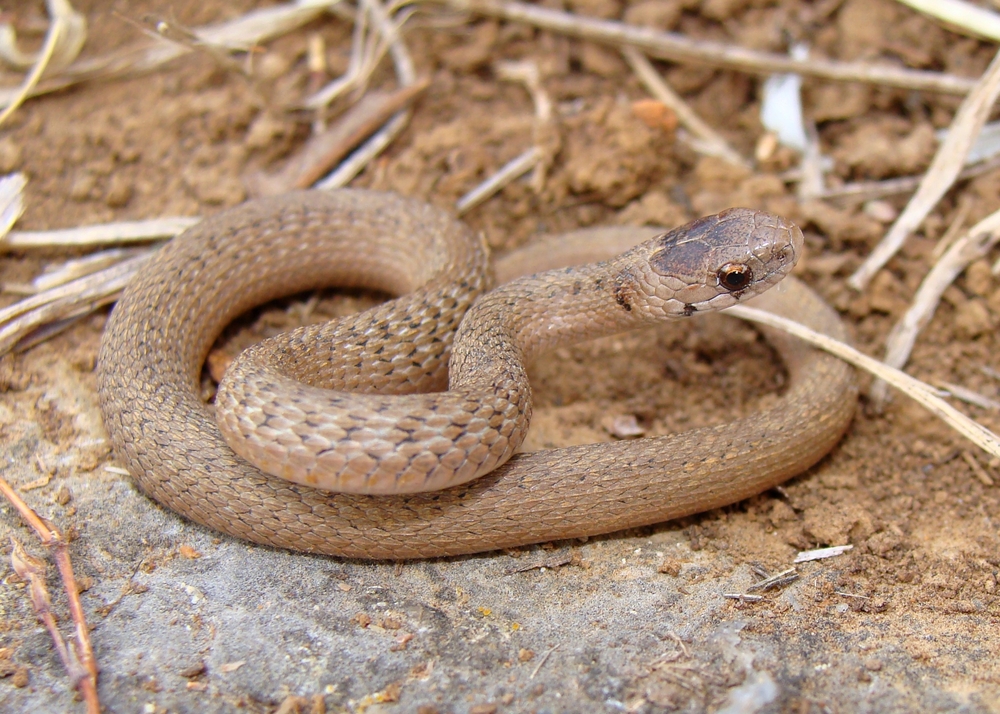



Facts About Brown Snakes Live Science




Baby Copperheads How To Identify Them And Get Rid Of Them




Beauty Rat Snake Orthriophis Taeniurus Ridleyi Stock Photo Download Image Now Istock




How To Identify Snakes In Sc Nc Ga



Cottonmouth




Baby Copperheads How To Identify Them And Get Rid Of Them




Do You Know How To Stay Safe As Snakes Start Slithering Out In North Carolina
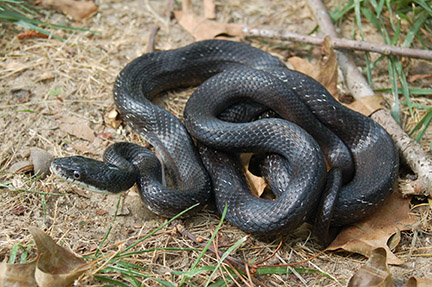



Wildlife Commission Offers Advice When Seeing A Snake Outdoors




Baby Copperhead Snake Identification Guide Look For These 5 Things Embora Pets




How To Identify The Copperhead



Baby Snake Copperhead Or Rat Snake Central Va R Whatsthissnake
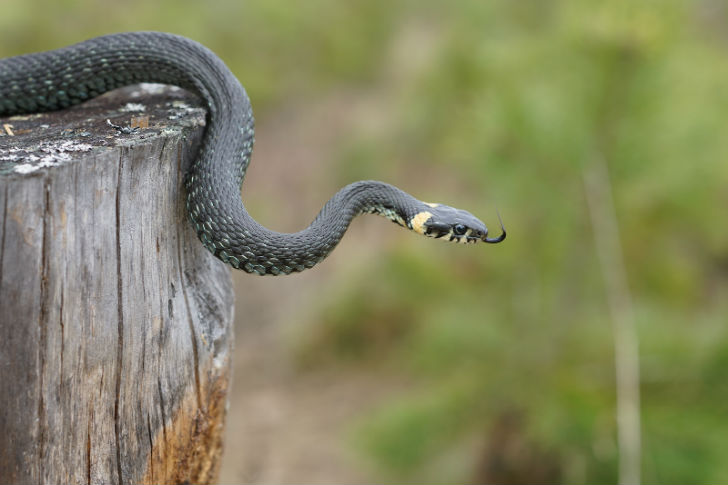



Types Of Snakes In Raleigh Critter Control Of The Triangle



2



Snakes In Nc Www Callofthewildwildlifeservices Com




The Definitive Guide To Snakes In Forsyth County Forsyth News
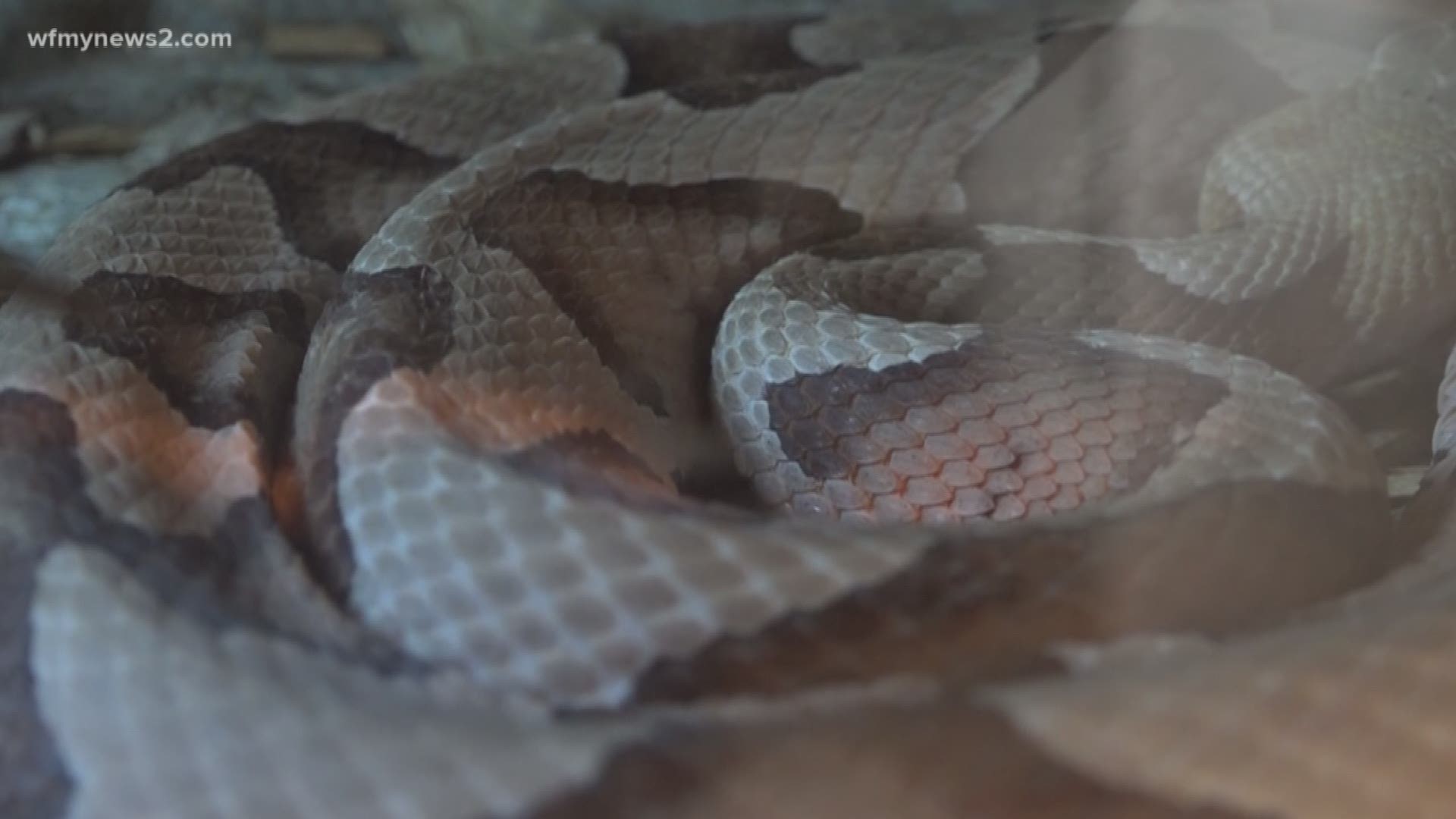



Watch Out For Baby Copperhead Snakes Wfmynews2 Com
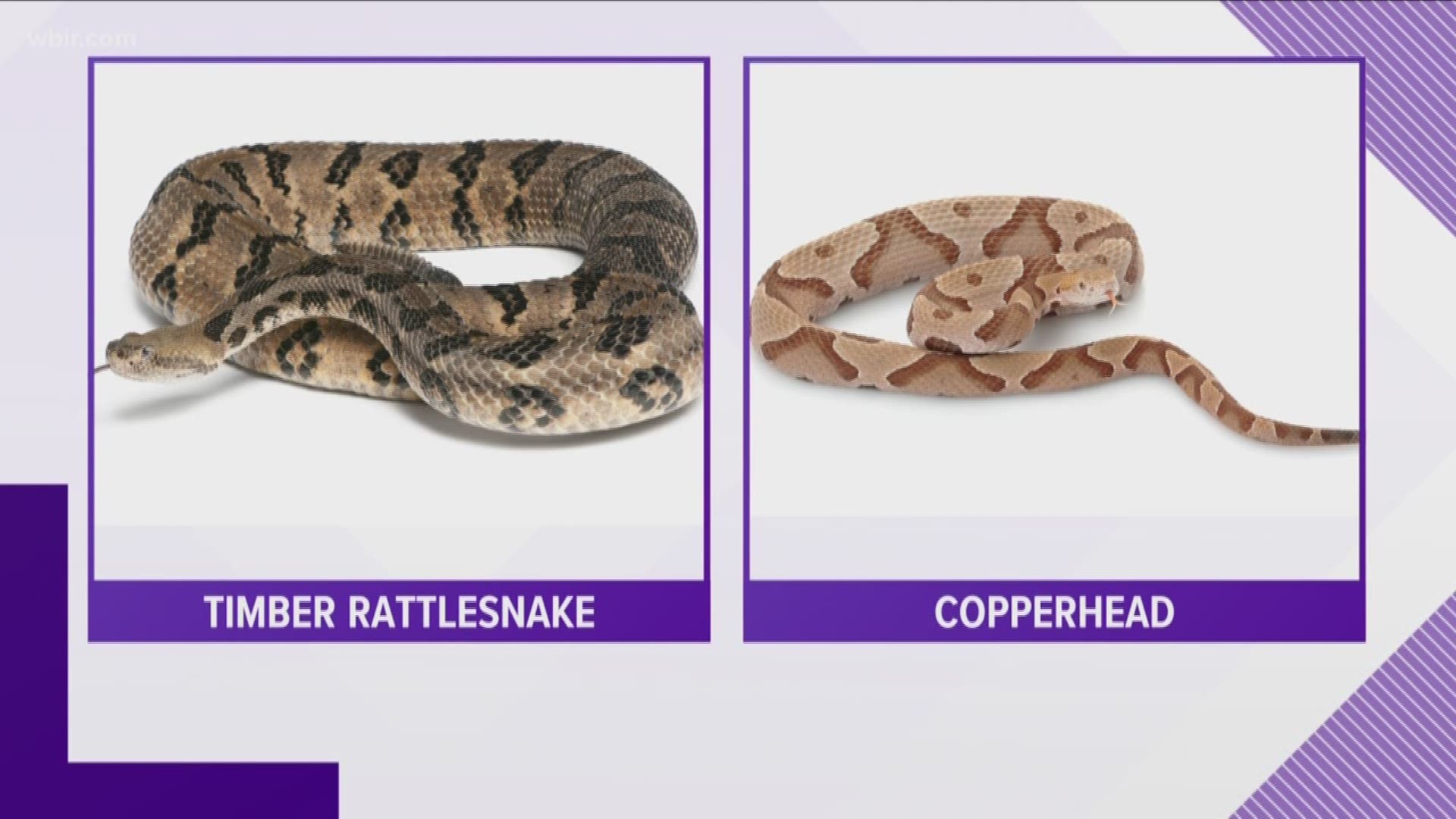



How To Tell If A Snake Is Venomous Wbir Com



Black Snakes V Copperheads Tips To Keep Safe Wcnc Com



How To Tell The Difference In Copperhead Black Rat Snakes Animals Mom Com




Brad Panovich Meteorologist Here S My Charlotte Snake Identification Chart Based On Social Media Posts Only Clt Facebook



Baby Copperhead Season Has Begun In Carolinas What To Know The State



Baby Rat Snake




How To Identify Venomous Poisonous Snakes In Nc Photos Raleigh News Observer



Black Snakes V Copperheads Tips To Keep Safe Wcnc Com




Snakes
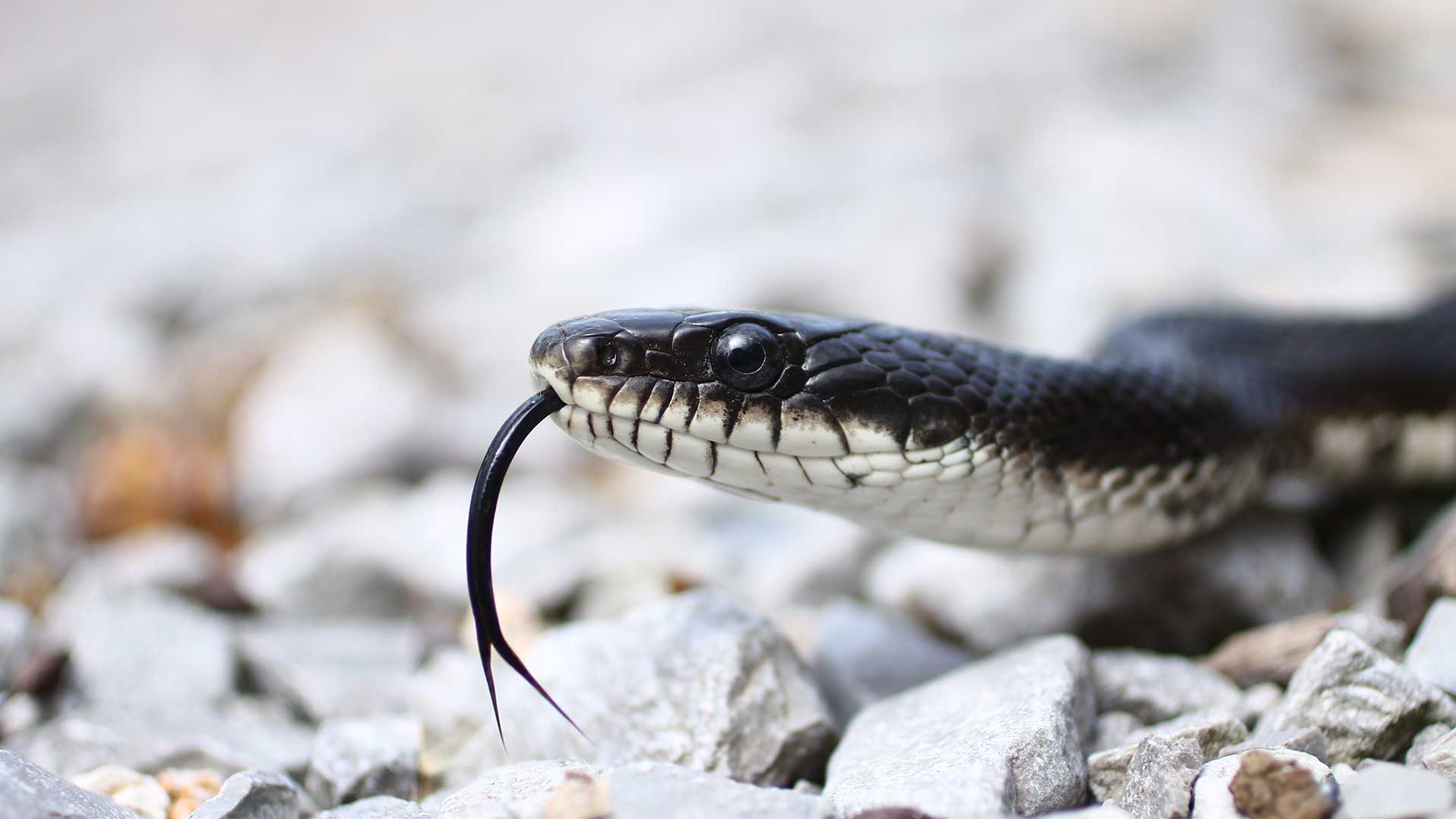



Black Snakes What You Should Know Today S Homeowner



Get To Know The Slithery Snakes Of Mecklenburg County




Copperhead Vs Rat Snake What Is The Difference Animal Hype
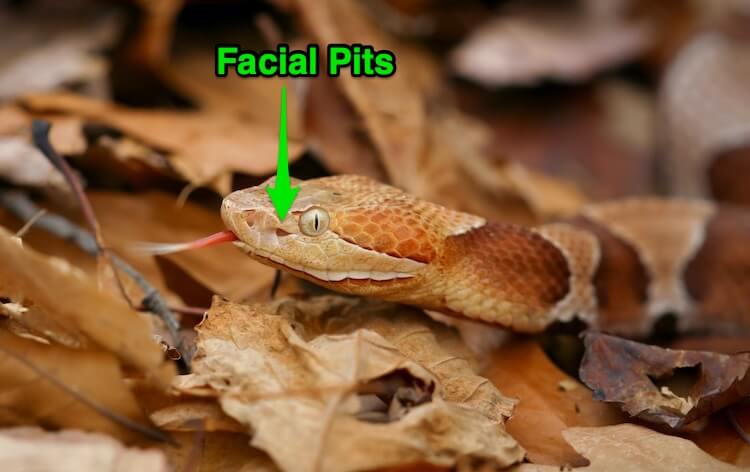



7 Ways To Identify Prevent Remove Baby Copperhead Snakes Everything Reptiles




Snakes




The Six Venomous Snakes Of North Carolina How To Identify A Venomous Snake Youtube




Snakes




Why You Should Let A Copperhead Live In Your Yard Debunking Snake Myths Wunc




There Are 37 Species Of Snakes In North Carolina And 6 Are Venomous Poisonous The Copperhead The Cottonmouth Snake Water Moccasin Snake Poisonous Animals



Black Snakes V Copperheads Tips To Keep Safe Wcnc Com



0 件のコメント:
コメントを投稿